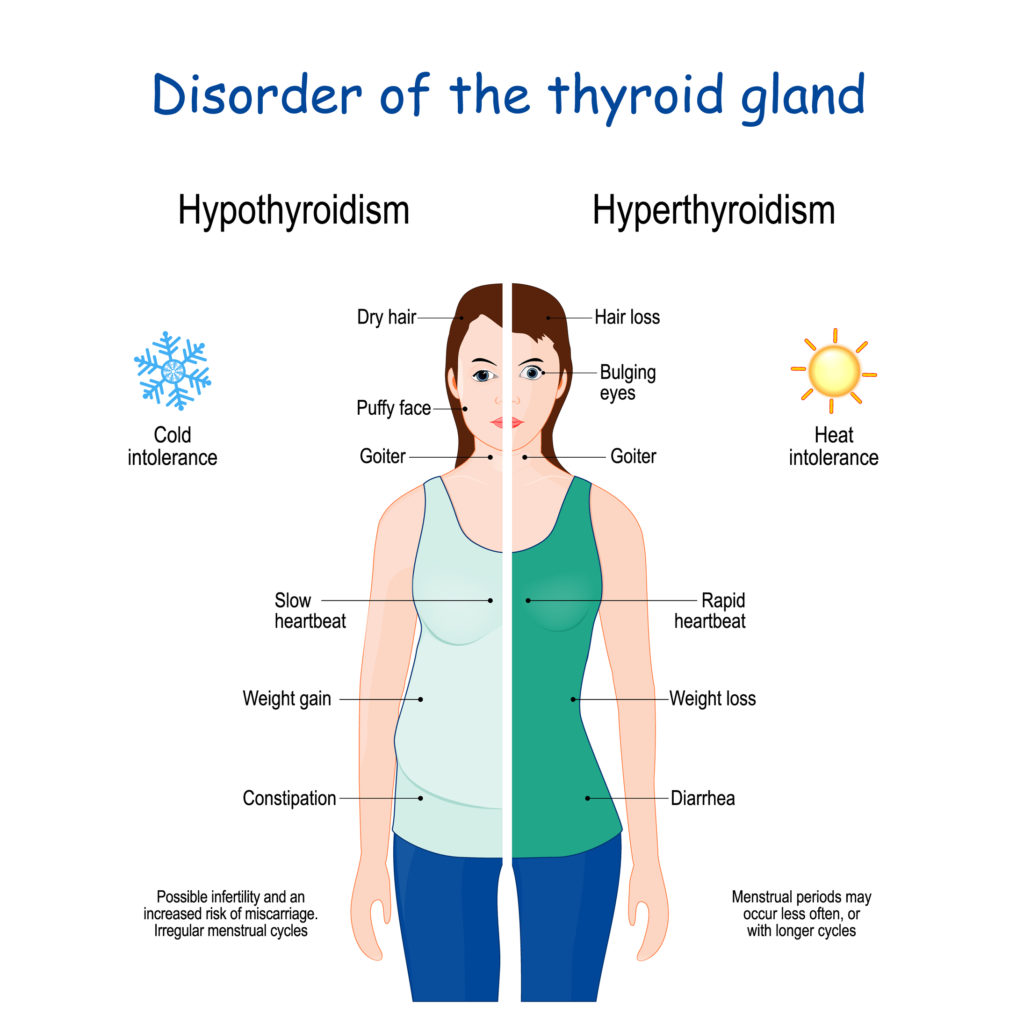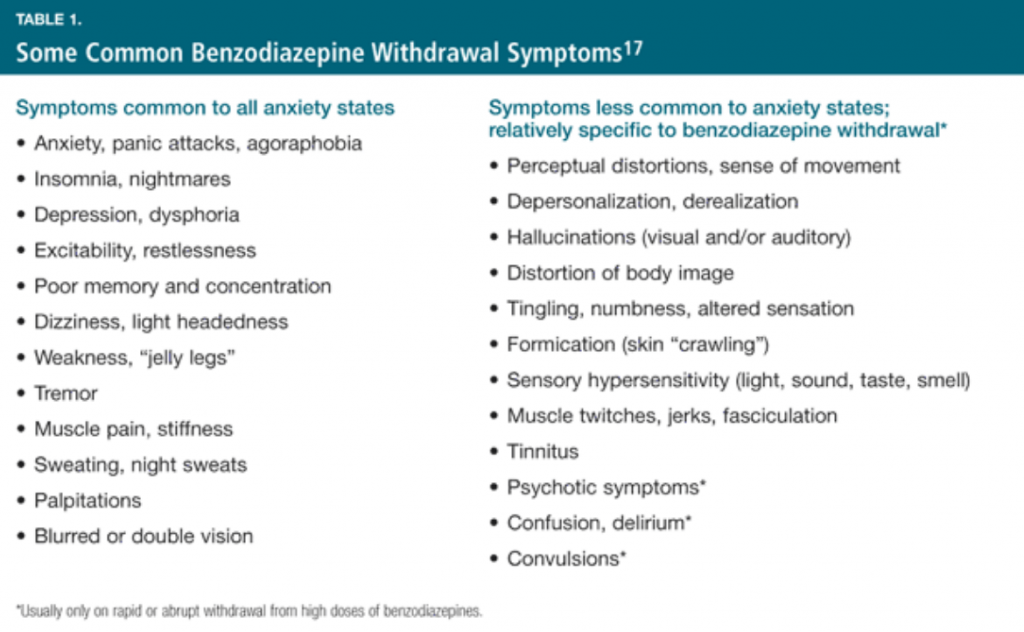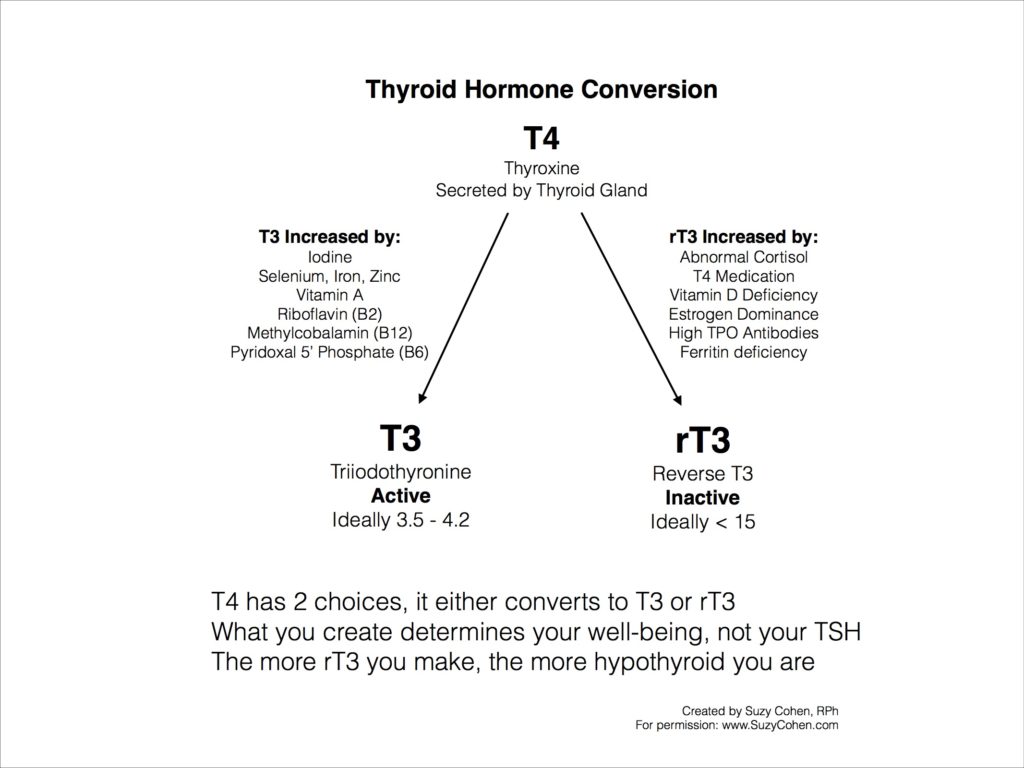What's On This Page?
ToggleA misdiagnosis can ruin your whole life!
I bet you’ve been told some pretty awful stuff by your doctors over the years. Maybe they’ve told you that you have anxiety, depressive disorder or BIPOLAR disorder. Maybe they’ve written off your symptoms as normal aging or menopause, or assumed you have age-related brain fog, or even a challenging relationship or job! No matter the words thrown at you, a misdiagnosis is not only dangerous, but it can also delay you from getting proper medical care.
I felt inspired to write an article about a misdiagnosis because one of my daughters shared a story with me. She works at a clinic in Connecticut. She encountered a patient, who I will name Beth. If your doctor is wrong, the only person who pays the price for a misdiagnosis is YOU!
Beth came into the hospital seeking the advice of the doctor there. Beth had hallmark symptoms of hypothyroidism such as weight gain, hair loss, extremely dry skin, fatigue, constipation, and occasional bouts of anxiety.

Beth’s biggest concern was anxiety which manifested as mild social phobia, a sense of despair (mainly about her declining health), and constant worry. The physician diagnosed her with hypothyroidism and gave her Levothyroxine immediately. He should have ordered a complete Thyroid Panel, including levels of thyroid antibodies, a vitamin D level, and a cortisol check.
But he didn’t, instead, he just handed her a prescription without getting any baselines! Even the DUTCH TEST would have been a good lab for Beth to take! It would reveal her cortisol and cortisone levels, and her estrogen metabolism – estrone, estriol and estradiol. All 3 of those matter when it comes to measuring estrogen levels. If one, or both of those biomarkers are off, it’s a good bet that the levothyroxine she is ordered will do nothing but make her worse by converting to Reverse T3! See my graphic below.
Beth’s symptoms sound to me like autoimmune thyroid disease, particularly Hashimoto’s thyroiditis, which has anxiety as a primary symptom. Again, no tests were ordered.
When you don’t order tests, how can you be sure that you’re not giving a person a misdiagnosis? After all, you are guessing, right? Without a test for antibodies against the thyroid, you are shooting a target in the dark.
The scariest part is that the physician also prescribed a benzodiazepine drug: Alprazolam 0.25 mg, to be taken up to three times daily if needed. And he gave her a two-month supply!
This was a true story. I don’t know what happened to Beth after that. Let’s assume the rest of the story for my blog, and I’ll pretend that I know what one potential trajectory of Beth’s journey is. I simply want to show you how easy it is for a person to get a misdiagnosis.

Let’s discuss alprazolam – a benzodiazpeine
Alprazolam, a commonly-prescribed benzodiazepine tranquilizer that effectively treats anxiety and panic disorders. It will no doubt make Beth feel really good! She will stop caring about the little things, and want to sleep more. She will have fewer bouts of anxiety. But unfortunately, she will become physically dependent on the drug in as little as 3 weeks. Trying to get off this drug will trigger a bunch of symptoms (see my graphic above).
When she comes back to the doctor (or calls) for more of this drug – due to her body’s natural reliance on it – she is apt to get a new misdiagnosis, one of “addiction.” She will then perhaps be referred to a psychiatrist! Now I am hypothesizing, but let’s assume she goes to a psychiatrist.
That new doctor is apt to give her yet another misdiagnosis! Let’s say she tells doc that she needs the drug for her anxiety, and then starts to cry as a result of her mind veering off to a past trauma, or worrisome issue with her reckless teenage son. As her mind wanders to regret and past suffering, she may carelessly toss out words she doesn’t really mean, “Life isn’t what I hoped it would be,” not realizing how her words will be construed. (I’m making up this scenario up to prove a point).
Beth will now be suddenly and immediately be pinned with either “Suicidal Depression” or perhaps “Generalized Anxiety Disorder.” She will win the prize of more alprazolam, as well as an antidepressant! The doctor will feel compelled to prescribe that as a measure of precaution for her, and also to protect against liability.
On the merry-go-round, Beth goes! She will never get off either. She probably didn’t need either drug.
If your doctor is wrong, the only person who pays the price for a misdiagnosis is YOU!
Why did all this happen?
Because she was originally given a misdiagnosis by the Connecticut doctor at the hospital, and then another misdiagnosis by the psychiatrist.
A trial run of thyroid medication alone could have worked because when you normalize thyroid hormone, reduce Th17 dominance, and help someone with an autoimmune disorder… the anxiety always responds! A lab to determine a true root cause would help, one to test antibodies against the thyroid. It’s called an antibody panel. There’s more about this in my thyroid book.
In my hypothetical story, a better scenario would be if the doctor had prescribed an NDT drug that combines T3 and T4, rather than just a pure T4 drug (Levo), or even better, a short trial of a pure T3 medication like Compounded T3 or Cytomel. The reason is that Levothyroxine preferentially forms reverse T3, which is not biologically active. And of course, do more lab work.

So now, poor Beth is on a track to hell. She is not being tested for Hashimoto’s, so nothing will be done to reduce the attack on her thyroid gland, which will die little by little. She was not offered the opportunity to improve feelings of anxiety using just thyroid medicine, and because she’s on a benzo now, she will be referred to a psychiatrist for a psyche eval, who will undoubtedly prescribe more psychoactive drugs for that “depression” they sense when she begins crying over her awful state of affairs.
Do you relate to the topic of misdiagnosis?
Do you worry something has been overlooked in your treatment? I’ve covered this topic of thyroid and anxiety very extensively in my paperback book, Thyroid Healthy: Lose Weight, Look Beautiful and Live the Life You Imagine.
I’m fired up about a misdiagnosis
I’m fired up about this because it almost happened to me. If you don’t learn what I’m offering to teach you right now for free, you might be labeled with bipolar, Lyme, depression, you name it. Your physicians want to give you a quick fix and will prescribe what they think are the appropriate drugs to address these problems. What if you’ve been misdiagnosed?
If your doctors are wrong, the only person who pays the price is you.
Related articles:
Depression, Anxiety, Thyroid, Migraines, Celiac and More… Your Questions Answered
Your Questions Answered About Hashimoto’s, Peroxide and Thyroid
Headaches? Time to Get Your Thyroid Checked!

Suzy Cohen, has been a licensed pharmacist for over 30 years and believes the best approach to chronic illness is a combination of natural medicine and conventional. She founded her own dietary supplement company specializing in custom-formulas, some of which have patents. With a special focus on functional medicine, thyroid health and drug nutrient depletion, Suzy is the author of several related books including Thyroid Healthy, Drug Muggers, Diabetes Without Drugs, and a nationally syndicated column.



